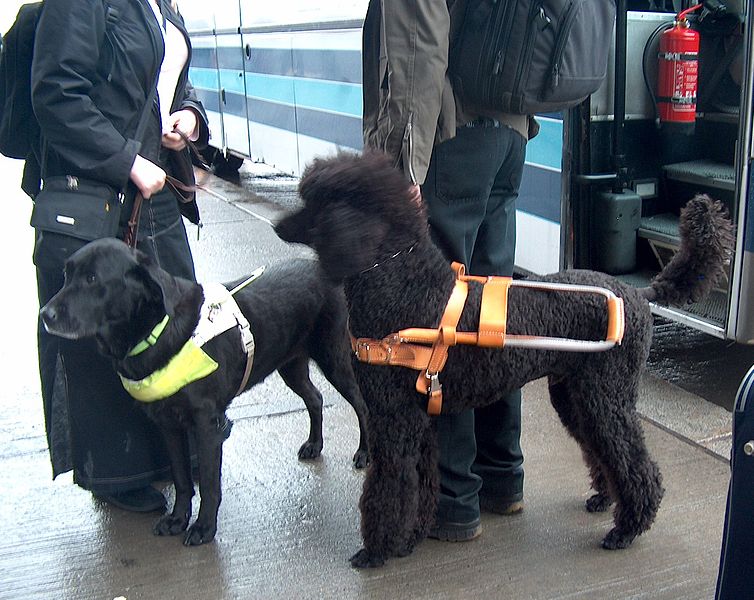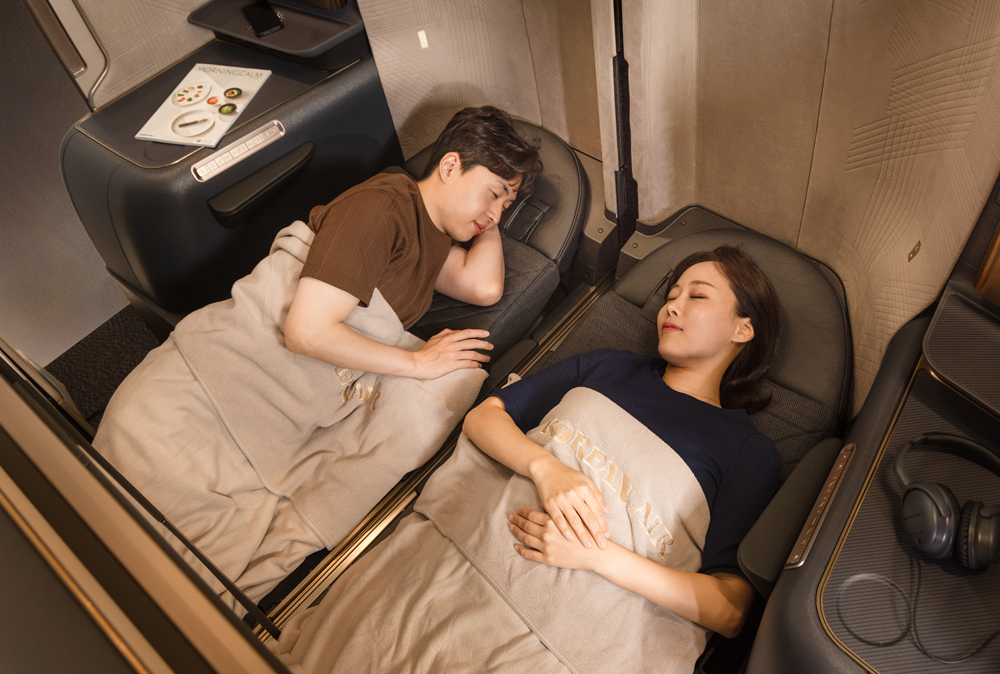Delta praised for softening stance on guide dogs
23 February, 2018
2 min read


Passengers will still have to leave their penguin pals and ferret friends at home but Delta Air Lines has softened its new policy on companion animals to remove barriers to people flying with genuine service animals such as guide dogs.
Delta led the field when it announced changes in January to tighten the leash on emotional support animals after an 84 percent rise in incidents -- including urinating, defecating and biting -- since 2016.
Passengers had also been turning up with a widening array of furry "support" friends that included turkeys, spiders, snakes and other wild animals.
Read: How safe is it to fly
Many were scamming the system to transport their pets without paying extra.
The January policy required those seeking to fly with service animals to give the airline 48-hours’ notice, a health form and immunization record from a vet, a doctor’s note and proof of animal training.
Read the airline's policy on service and support animals.
It also banned exotic emotional support animals such as ferrets, insects, spiders, hedgehogs and goats.
The restrictions immediately raised the ire of groups representing blind people, with one organization describing it as “unnecessary and unlawful”.
The airline has since softened restrictions for passengers with reduced vision and other disabilities.
“We are implementing these changes for the safety of all customers, employees and trained service and support animals flying Delta, while supporting the rights of customers with legitimate needs, such as veterans with disabilities," Delta senior vice president — corporate safety, security and compliance John Laughter said in an update.
"While we will require that all animals not confined to kennels in the cabin have up-to-date vaccinations, we enhanced our policy to make online submission optional for those individuals who are blind or have reduced vision or other disabilities and have trained service animals."
The American Council of the Blind the National Federation of the Blind welcomed the move and said they were pleased Delta had listened to their concerns.
The ACB said the new policy relaxed many of the requirements for people with legitimately trained service animals that had already undergone great training and scrutiny.
"The new policy provides a much more workable solution that still allows for the freedom of travel by passengers using guide dogs," ACB executive director Eric Bridges said.
Next Article
2 min read
Qantas triples profit but misses mark

Get the latest news and updates straight to your inbox
No spam, no hassle, no fuss, just airline news direct to you.
By joining our newsletter, you agree to our Privacy Policy
Find us on social media
Comments
No comments yet, be the first to write one.
